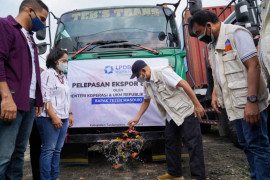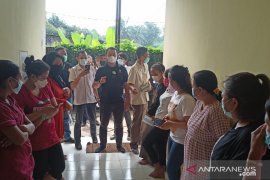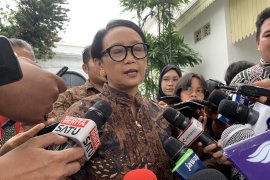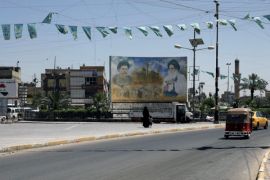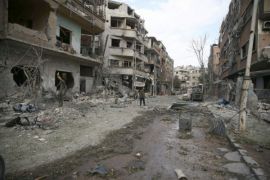The bombing was the latest in a series of attacks on Shi`ite targets since a political crisis erupted a month ago threatening the survival of Iraq`s fragile power-sharing government following the withdrawal of U.S. troops.
A Reuters reporter at the scene of the blast in a small village of Shi`ites from the Shabak minority said the explosion left a shallow crater four meters across and flesh scattered nearby. A taxi shattered by shrapnel lay 30 metres from the explosion with pools of blood beneath it.
Police said they found another car bomb at the scene and closed the area for several hours to defuse it.
Hospital officials confirmed the casualty toll.
Political tensions in Iraq have been high since December, when Shi`ite Prime Minister Nuri al-Maliki`s government ordered the arrest of a Sunni vice president, touching off a crisis that many fear will bring a relapse into sectarian conflict.
On Saturday, a suicide bomber disguised as a policeman killed at least 53 people and wounded scores in an attack on Shi`ite pilgrims at a checkpoint in the southern city of Basra.
Mosul, in northern Iraq, was once an al Qaeda stronghold, and witnessed some of the fiercest fighting during the war that followed the 2003 U.S.-led invasion.
The eastern outskirts of Mosul form part of the disputed areas between the central government and the semi-autonomous Kurdistan Region Government in the north.
The disputed territories between Iraqi Arabs and Kurds are seen as a flashpoints for possible conflict after the last American troops left Iraq in December, nearly nine years after the invasion that ousted Saddam Hussein. (*)
Editor: Kunto Wibisono
Copyright © ANTARA 2012

